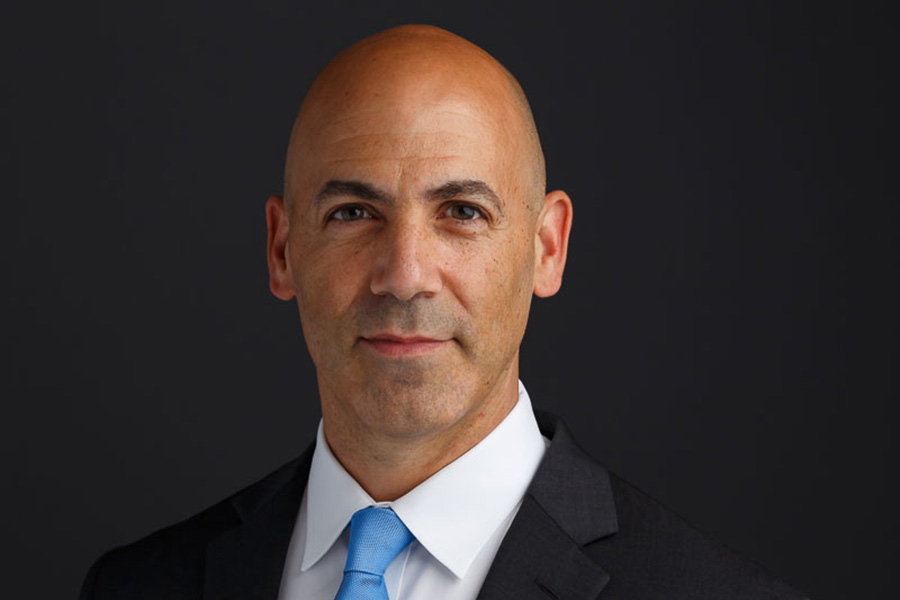I’ve always been fascinated by the distinction between CEO leaders and entrepreneur leaders. Although similar skills and traits can be shared by both, as defined by my friend Daniel Pink in his explanation of the “Symphonic Mind,” the entrepreneur is more typically defined by a higher level of risk tolerance and is driven by it.
Nevertheless, there is no question that a thriving economy depends on both solid and dependable daily operational competence and disruptive, unconventional thinking that leads to new ways of creating solutions and products. The field of sustainability, for example, is enormously dependent on both categories of thinkers and managers to create a transformative approach to the global market-based economy.
Recently I have seen an example of this in the financial services industry through my acquaintance with an investment manager who stands out among successful investors precisely because he does not follow conventional industry thinking and practices about modern portfolio theory. In addition, he sees as a failure the inattentiveness to adequately protect potential downsides that inevitably appear daily, even during sustained bull markets like we have been experiencing on a historical level.
Eric Dugan, founder and Chief Investment Officer at 3D Capital Management, has assumed the mantle of an evangelist for his logical and unique approach to protecting portfolios by exploiting opportunities that most investment managers do not see. He is relentless about it. I wanted to know more about his leadership style, so I asked him four questions:
I understand your assertive leadership and entrepreneurial style results from growing up as the son of a Marine Captain. How do you think those life lessons as a kid have made you more driven to manage risk today?
Growing up, my dad put me through trials and tests that incentivized me to devise solutions to all kinds of problems and persevere and never give up. He made me a problem solver by showing me how to define the challenge and then seeing the success of acting on it.
My parents were leaders, and still are, and using their example of seeking unconventional solutions, I was lead to an uncommon approach to succeeding in the investment business. I understand that leadership is not necessarily an inherited trait, but in my case, my parents really didn’t give me an option. Leadership was what life is all about. There are too many problems and opportunities not to become a leader—in whatever field you choose. Plus, there is nothing more personally rewarding and fulfilling than helping others by solving problems.
But how did you find yourself exercising this drive for unconventional leadership in the investment business?
My footing in the investment business results from early opportunities to be mentored by extraordinarily successful traders in the field. A lot of leadership has to do with observing how other successful people field challenges and opportunities. My big break came with an offer to work with the legendary investment manager Monroe Trout. Now here was a quiet, seven-foot-tall, highly successful quantitative hedge fund manager who introduced me to a whole new world and a way of seeing statistically and managing risk with total discipline. This affected my entire approach to success in managing stock market risk by utilizing a strategy I am still wedded to.
Modern Portfolio Theory teaches us to manage stock market risk by diversifying among different asset classes. I find it is more logical and effective to use the stock market to manage stock market risk one trade, one day at a time, watching and acting on a unified approach to the global investment pattern, which I like to call the Global Relay Race that starts with the Nikkei and Asian Markets, continues to Europe, and eventually to the US stock market.
Monroe Trout taught me to look at and participate in the investment markets as being globally connected. Sure, it required me to work much of every night, but while it wasn’t for everyone, it was for me. I highly valued the insights it gave me once the markets in the US opened and the opportunities and risks I began to see. Then I acted on it and have never stopped.
Okay, how did you migrate to and establish the firm you have today with this training and grounding? How did you turn a strategy and practice into a firm to invest on behalf of others?
I believe the stock market is the greatest long-term investment of all time. I knew I had to make this unique strategy available to the marketplace with what I had learned from Monroe Trout and others. At 3D Capital, we recognize that the stock market will move up and down forever, and it is prudent to be prepared for both outcomes. We offer investors a way to stay invested in the stock market for the long term while dynamically managing intraday stock market declines. Our results have proven the importance of this approach and discipline even during the longest bull market run with the S&P reaching historic highs, time and time again. We have stayed the course and have been the leader investors have sought for very specific purposes.
When you think about leadership styles and standing for an alternative strategy, as you have, Eric, I am thinking about those leaders today who are genuinely committed to finding unique solutions to pressing sustainability challenges faced by our planet. As a business leader yourself, do you have any advice for them?
Sure, let your convictions drive you, and your creative talents bring about new solutions and applications to what the world and the marketplace are calling for. But, there is opportunity everywhere and the resources, according to big thinkers like, Peter Diamandis who created the XPRIZE, are at our fingertips.




































